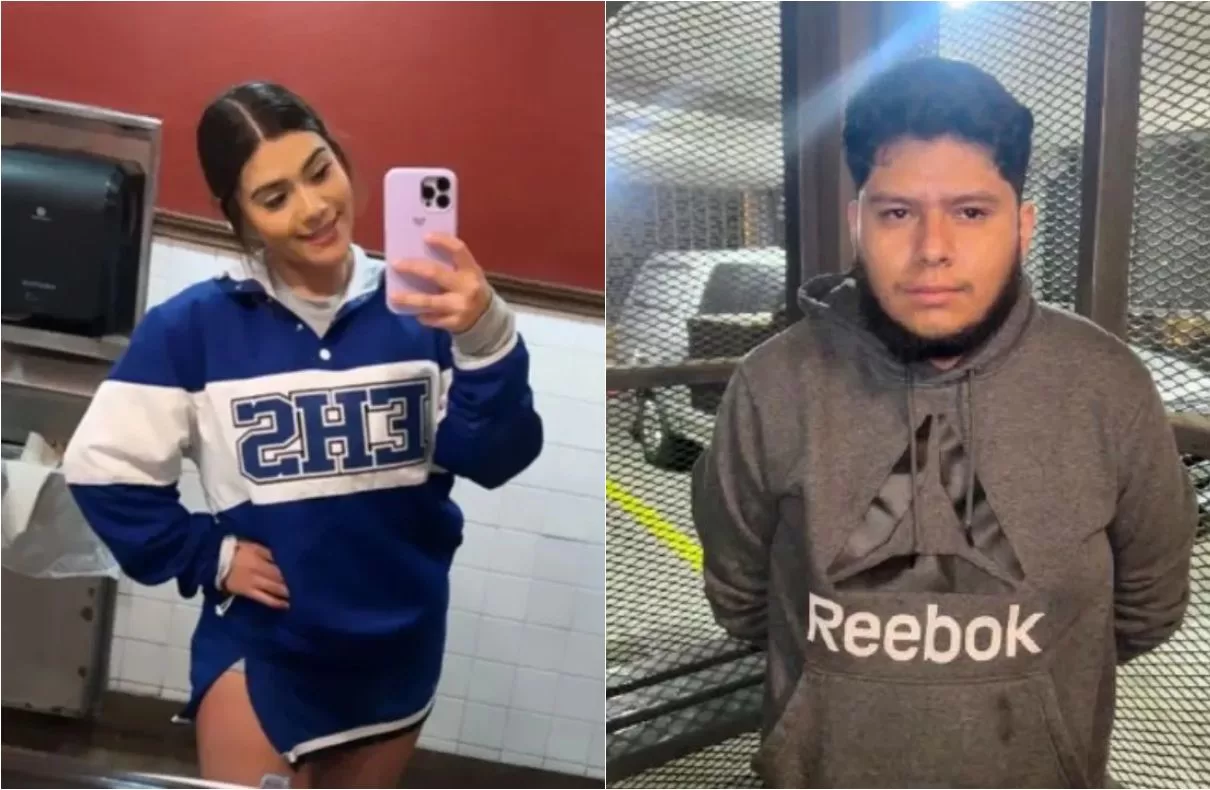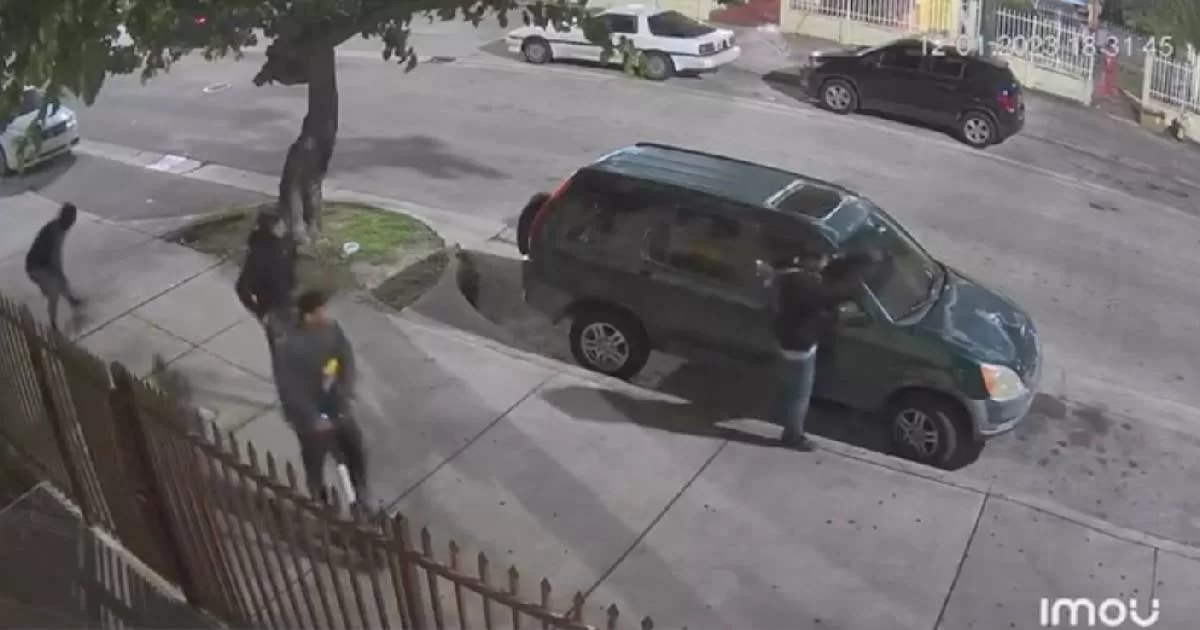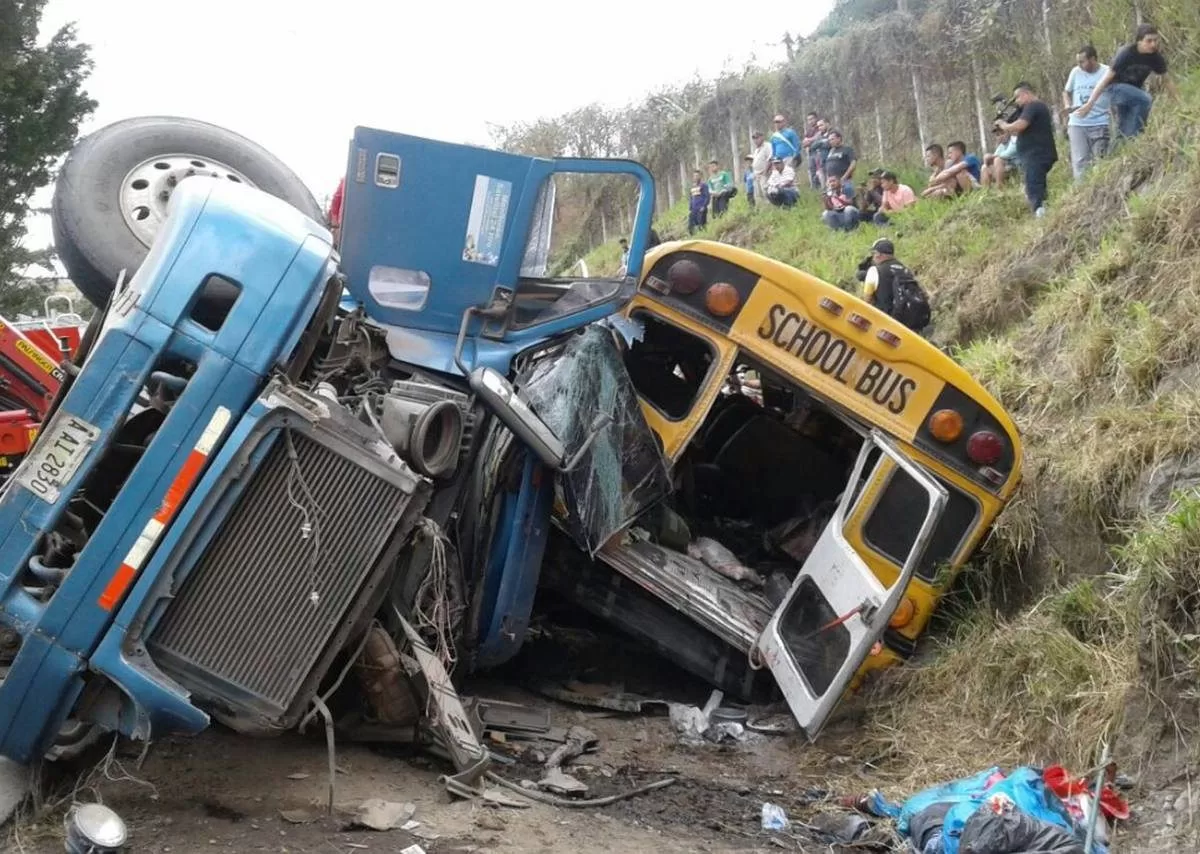Natalia Vitela/ Reform Agency
Tuesday, February 07, 2023 | 10:59
CDMX.- The Attorney General of the Republic has refused to collaborate with the Historical Clarification Commission, whose mandate is to investigate serious human rights violations in the country perpetrated between 1965 and 1990, said David Fernández, sociologist and Jesuit priest, who is part of this Commission.
“He has not attended any meeting, nor has he agreed to have an interview with those who are in charge of the issue of access to justice; it is a major obstacle,” he lamented.
The Historical Clarification Commission is preparing a report for September 2024, which would be limited to information on the legal proceedings in progress if the Prosecutor’s Office continues to refuse to collaborate with it.
“We know that there are around 300 preliminary investigations initiated whose subject is the disappearance of people and contrary to what is said that it is not investigated, we know that there has been a lot of investigation and that in these investigations there are responsibilities, names, etc. It has brought no one to justice. It seems to me that a person, but we have not had the collaboration of the Prosecutor’s Office to be able to access this.
“They also had a unit specialized in dirty war, in disappearances that at the beginning of this administration had 13 agents of the public ministry; they have been reducing it and there are only two at this moment; the investigations have stopped and the consignment of those responsible, it is that is to say, the procedures initiated, the preliminary investigations do not advance”.
The Historical Clarification Commission is part of the Commission for Access to the Truth of the Historical Clarification of the Promotion of Justice for Serious Human Rights Violations committed from 1965 to 1990, a presidential initiative created by decree in October 2021 that was promoted by the civil society groups that have fought for more than five decades.
The Commission has five mechanisms and with it participate the secretariats of Defense, the Interior; External relationships; Tax authorities; General Prosecutor of the Republic
other mechanisms
-Impulse to justice. Its task is to investigate the legal process that has been given to the preliminary investigations initiated previously on serious human rights violations to clarify patterns and suggest modifications to the Law and at the same time to prosecute those cases that the Historical Clarification Commission manages to investigate and bring perpetrators to justice if this is possible.
-Search for long-term missing persons. The National Search Commission is in charge of this entity, which has a particular program called the search for long-standing missing persons.
-Reparation or compensation. It is in charge of the Executive Commission for Attention to Victims and has to shortly present a comprehensive reparation program for the damage to the victims of serious human rights violations during the period studied.
-Memory Committee. Whose most important purpose is to promote a memory law through a national memory center that is already set up in a BUAP building and at the same time concentrate there the files that have to do with serious violations of human rights and at the same time time to generate a program of memory sites, a network of memory sites in the Country so that there are guarantees of non-repetition.



